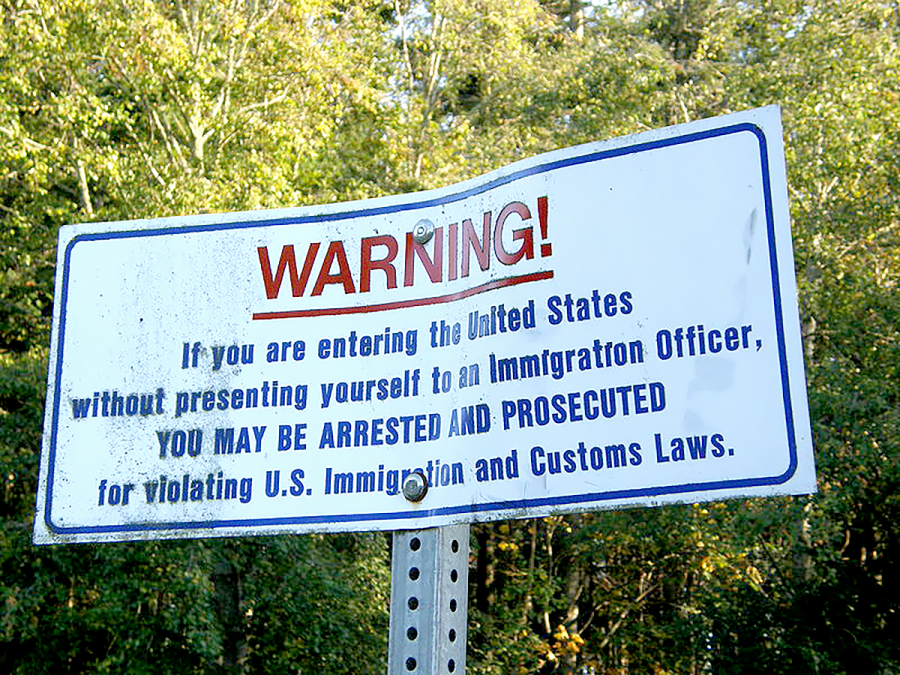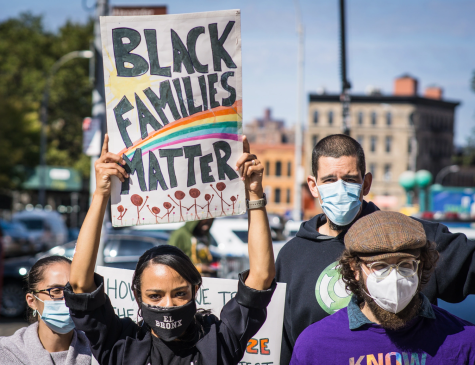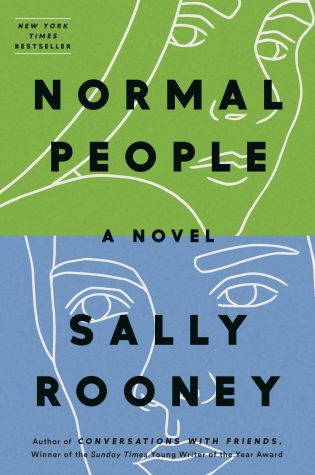Supreme Court approves Public Charge
March 5, 2020
The Supreme Court voted 5-4 in favor of the so-called Public Charge law that will deny visas and green cards for legal immigrants who will be labeled as a “public charge,” simply for collecting public assistance.
More than 200 million people from around the world have applied to the United States diversity lottery. The program claims to seek to diversify the country by focusing on population diversity by issuing visas for those groups who are inadequately represented in America, according to the Pew Research Center (PRC), a nonpartisan American think tank based in Washington, D.C.
The PRC analysis of the US State Department data concluded that 22.4 million people applied for the lottery in 2017, but sadly only 50,000 green-cards or lawful permanent residence will be issued through this single program on a yearly basis.
The current administration makes it sound like people who are in the process of gaining citizenship are allowed to collect federal and or state benefits. The latest report from The Center for Immigration Studies, a right-sided think tank, claims that a large number of migrants are collecting tax-funded benefits. Some states offer assistance to undocumented immigrants, specifically those deemed necessary in the protection of life.
But, generally, undocumented immigrants and DACA holders, are ineligible to receive most federal public according to the Illegal Immigration Reform and Immigrant Responsibility Act [Immigration Law PL 104-208] The law states that even after gaining citizenship, the person, must wait five years to receive federal aid.
While the Supreme Court still has not finalized this law, recent news shows promise.
“The Supreme Court has not yet issued a final verdict, just given the administration the green light to implement the rule by lifting the lower court injunction while the case proceeds. But it is true that this likely means that the Supreme Court will eventually rule in the administration’s favor.” Shikha Dalmia stated in an interview. Dalmia is a senior analyst at Reason Foundation, a nonprofit think tank advancing free minds and free markets.
“If that happens, it will become much more difficult for anyone except high-income foreigners likely to immigrate to the US. This certainly goes against the spirit of the original public charge law and administrative guidance over the last two decades that regarded a public charge as someone who relies primarily or substantially on public cash benefits. Now anyone who uses the smallest amount of public assistance will become disqualified.”
In contrast to the previous form, the edited Public Charge law removes any wiggle room for those in charge.
“The trouble is the original statute is worded loosely giving an administration a great deal of latitude to disregard previous guidance and define “public charge” as it sees fit,” Dalmia said in an interview. “This rule will go a long way in both scaling back and reconfiguring America’s legal immigration system, something that Trump tried but failed to get the Congress to do. So he’s trying to accomplish through regulatory means what he could not through legislative ones.”
If any students or faculty have any questions about this issue, please contact Maciel Jacques. She is the Managing Director for Centro Legal de la Raza. The phone number is 510-679-1608, her email is centrolegal.org.
















